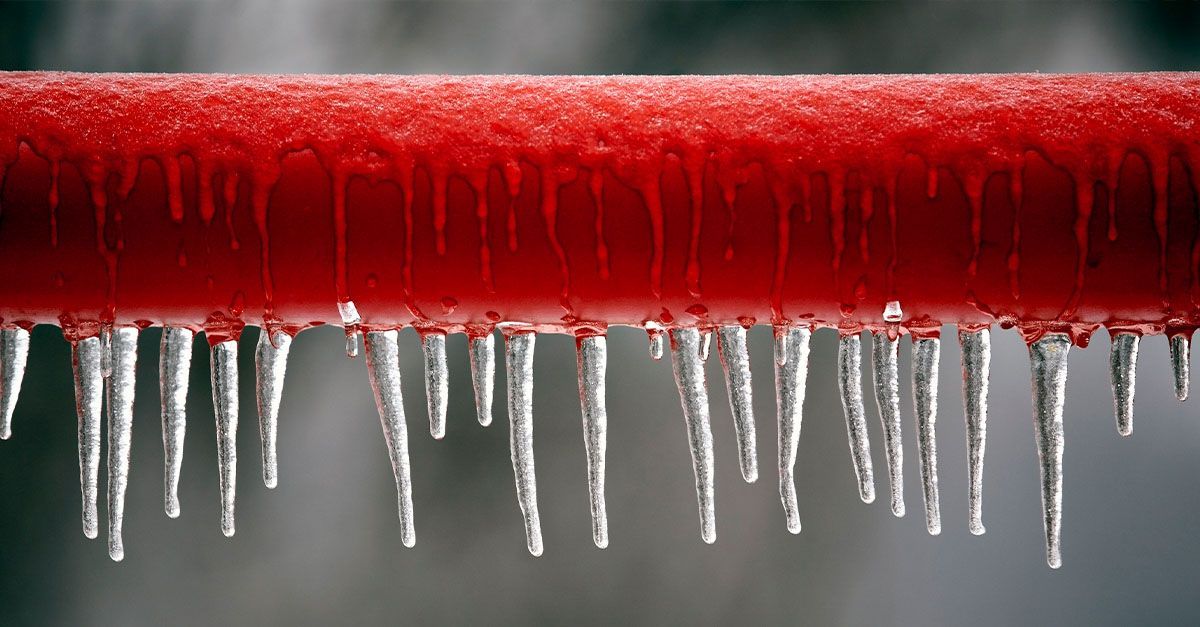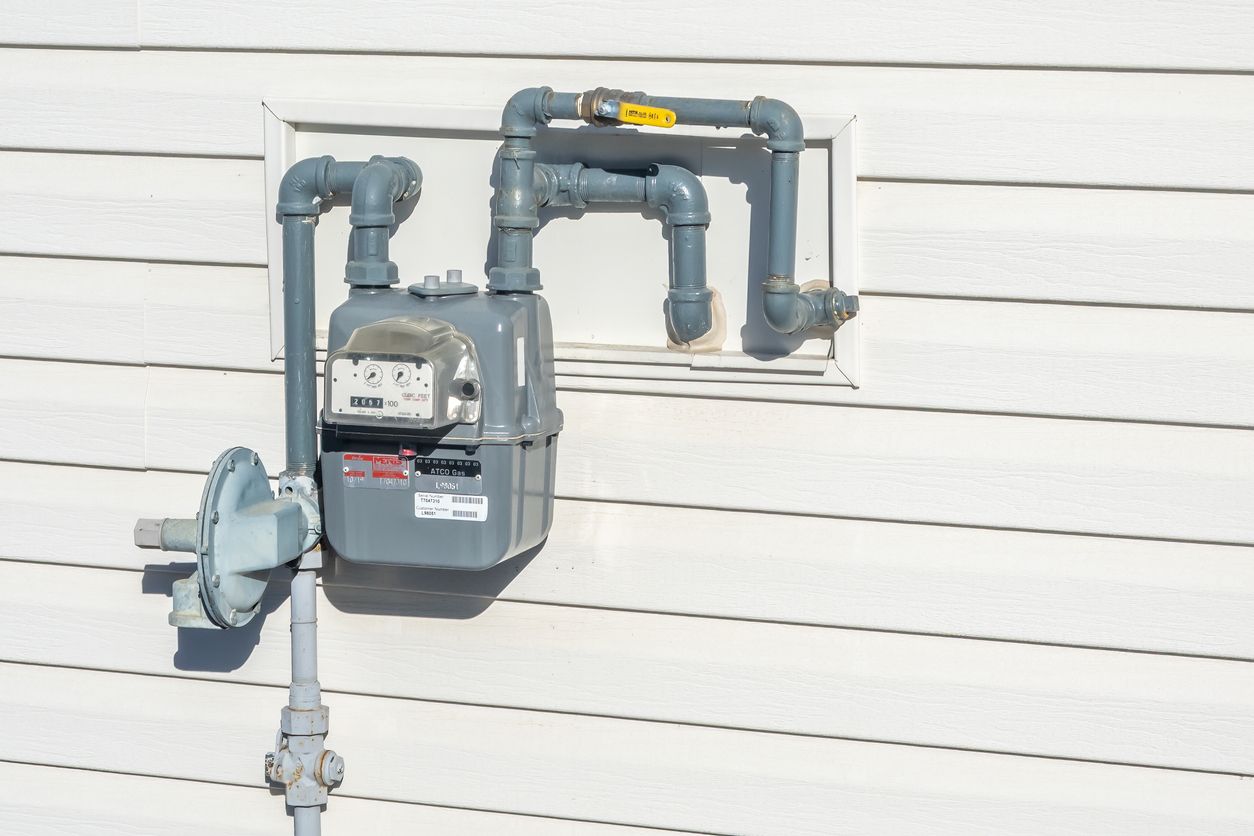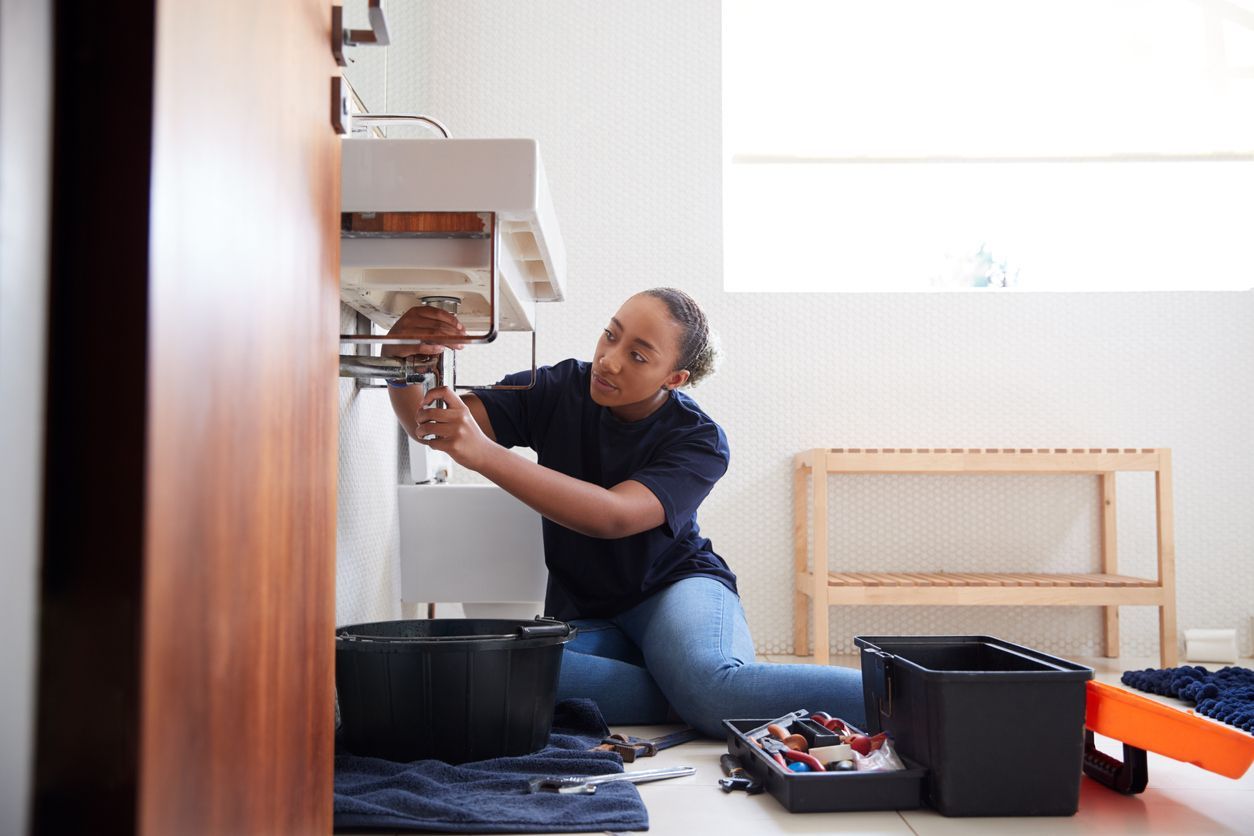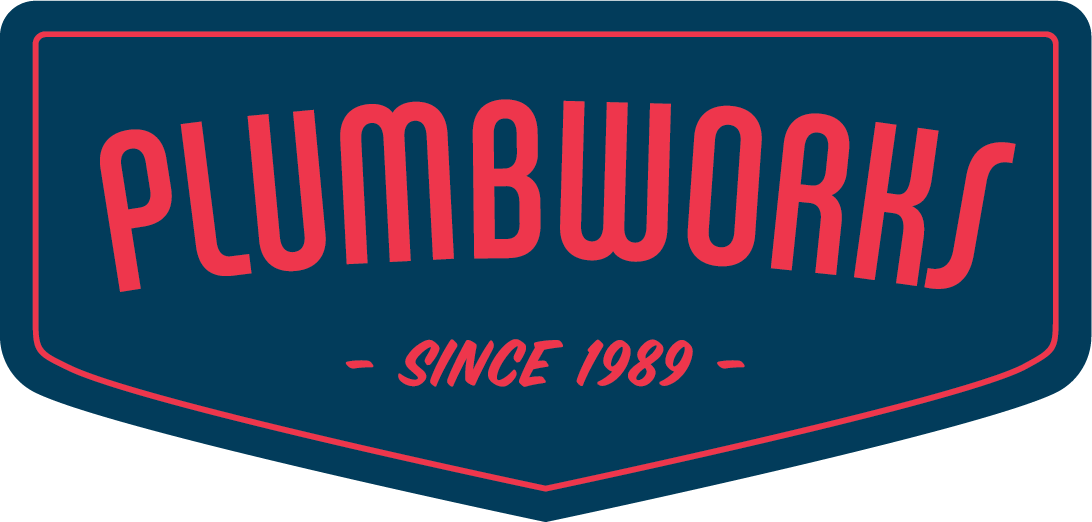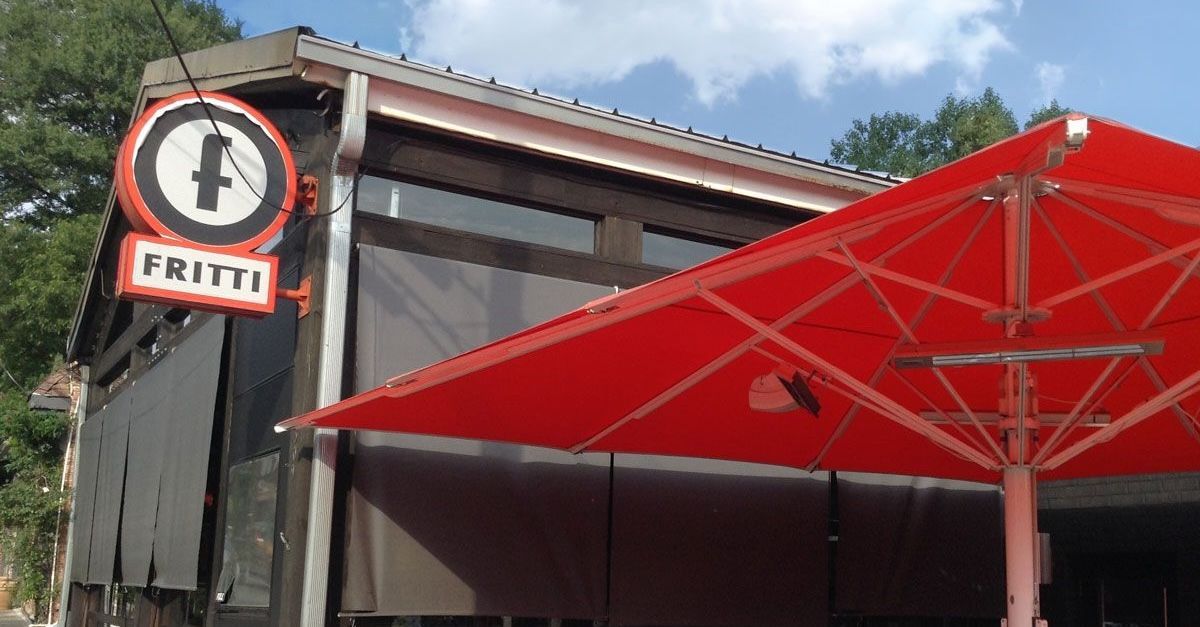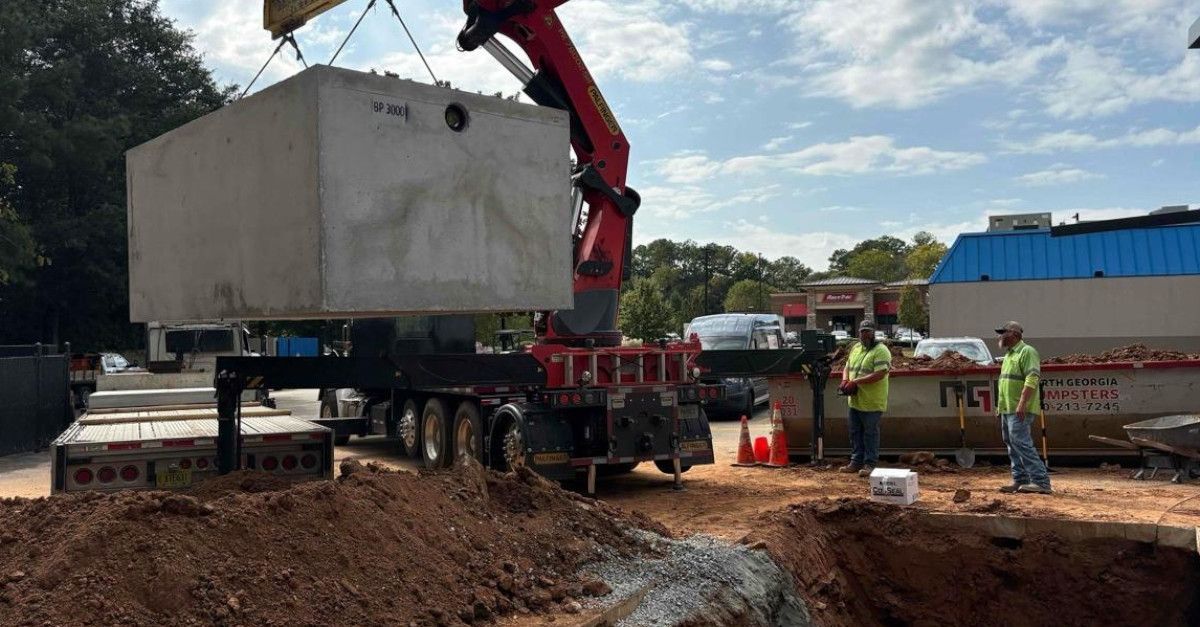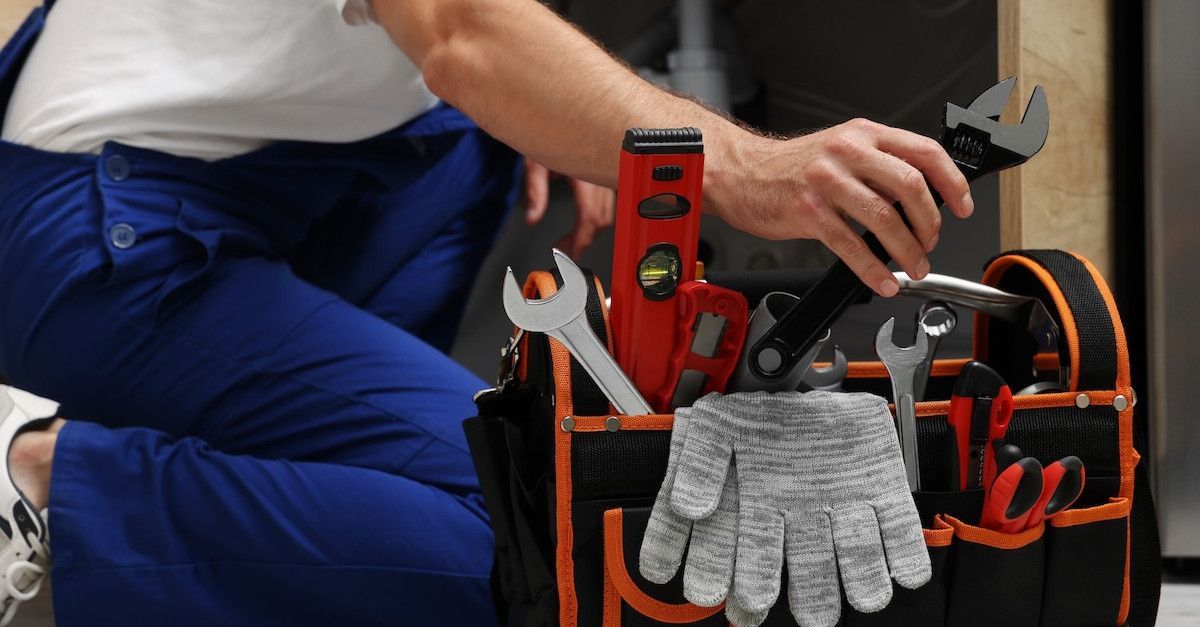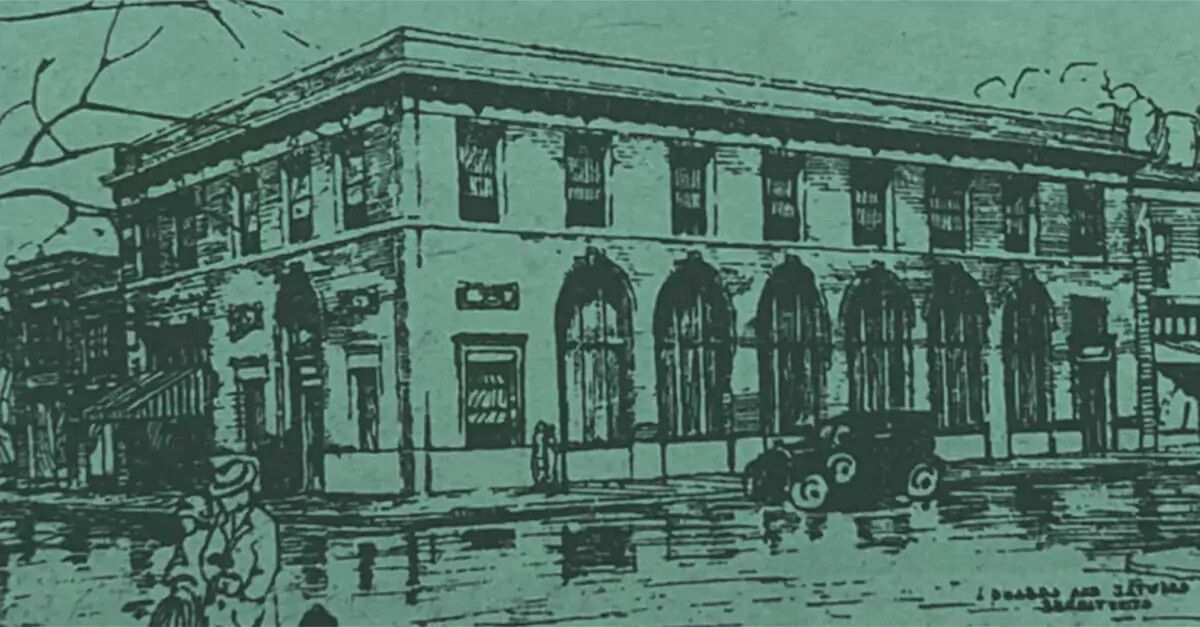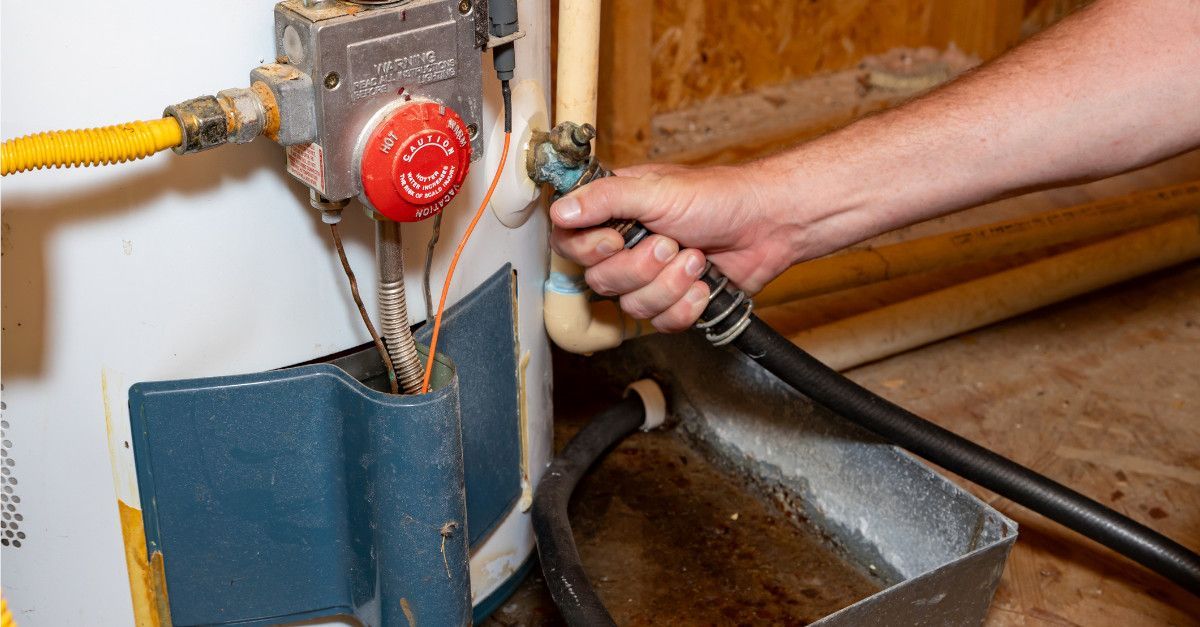Why is My Garbage Disposal Not Working?
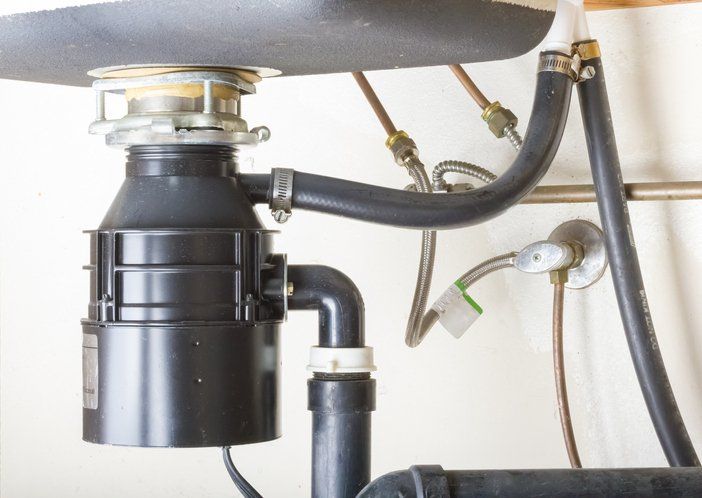
Weird noises or funny smells coming from the garbage disposal in your sink? You flip the switch but nothing happens? You may have a broken garbage disposal. While this is not a plumbing emergency, you should call a plumber to come inspect it. He or she will be able to figure out why your garbage disposal is not working and either repair or replace it.
If you don’t want to hire a plumber, you may be able to fix your garbage disposal yourself. While there can be many reasons your garbage disposal is not working, below we list the most common things you may be experiencing.
Important: When working on a garbage disposal yourself, make sure to shut off the power and never stick your hand down the drain.
How to Fix a Garbage Disposal Yourself
Here are some quick tips for trying to fix a garbage disposal yourself:
Start by flipping the switch to your garbage disposal.- If you hear nothing, you likely have a tripped breaker.
- If you hear a humming sound, you probably have jammed blades inside the disposal.
- Flip the switch back off before working on your garbage disposal.
Watch the video below as Kim describes what to do when you keep asking yourself “Why is my garbage disposal not working?”
How to Reset a Garbage Disposal
To reset a garbage disposal, carefully press the red “reset” button back in on the bottom of the disposal. Once you push the reset button, it should start working normally again. Pressing this red reset button should also reset the breaker.
What causes a garbage disposal to trip the breaker?
When too much food or debris gets into the disposal, it can overload itself and turn itself off. Try to place smaller amounts of food into the disposal at once to prevent your garbage disposal from tripping the breaker. If you frequently experience garbage disposal problems, it may be time for
garbage disposal repair or replacement.
If you have reset your garbage disposal, but still hear a loud hum and the motor is not spinning or draining, turn the power back off. You’ll probably have to break the blades manually.
How to Unjam a Garbage Disposal
Wondering how to unclog a garbage disposal? Your blades may just be jammed. To unjam a garbage disposal, look for your disposal wrench that should have come with the garbage disposal. If you can’t find it, you can use an Allen wrench of the same size. With the power off, work the wrench back and forth until you can spin it freely. Once you do that, you know it’s cleared. (Kim demonstrates how to do this in the video above). Remove the tool, turn the power back on, and it should operate like normal.
What Not to Put in Garbage Disposal
There are several types of food and debris that should never go down the garbage disposal. Because of their characteristics, they either cannot be broken down or are known to cause clogs in pipes. To reduce garbage disposal issues, follow these tips of what to not put in a garbage disposal:
- Trash, Cleaning Chemicals & Vegetable Skins or Peels
- Chicken Wings & Other Animal Bones
- Fruit Pits from Peaches, Avocados & Other Foods
- Corn Husks, Celery & Asparagus
- Pasta, Rice & Oatmeal
- Grease, Fat & Oil
- Egg Shells
- Coffee Grounds
Clogged Garbage Disposal or Sink? Hire a Plumber!
If you’ve tried resetting and unjamming your garbage disposal, but the steps above didn’t work, you may have a clog down the line or need a new garbage disposal installed. So, how do you fix a clogged garbage disposal? The easiest way is to hire a plumber. He or she will have the tools and experience to find the clog and perform any necessary
drain cleaning or
hydro jetting to unclog your garbage disposal and/or sink.
Choose Atlanta’s Garbage Disposal Plumbers
If you live in the Atlanta, Georgia area, choose Plumb Works for your garbage disposal repair, replacement, installation, and maintenance. In addition to garbage disposals, we also provide various kitchen plumbing services including
water filtration systems,
faucet installation, and more. With more than 500 five-star reviews on Google, you can rest assured our plumbers are friendly, professional, and ready to help. Give us a call to get started. We look forward to hearing from you! 404-524-1825.
